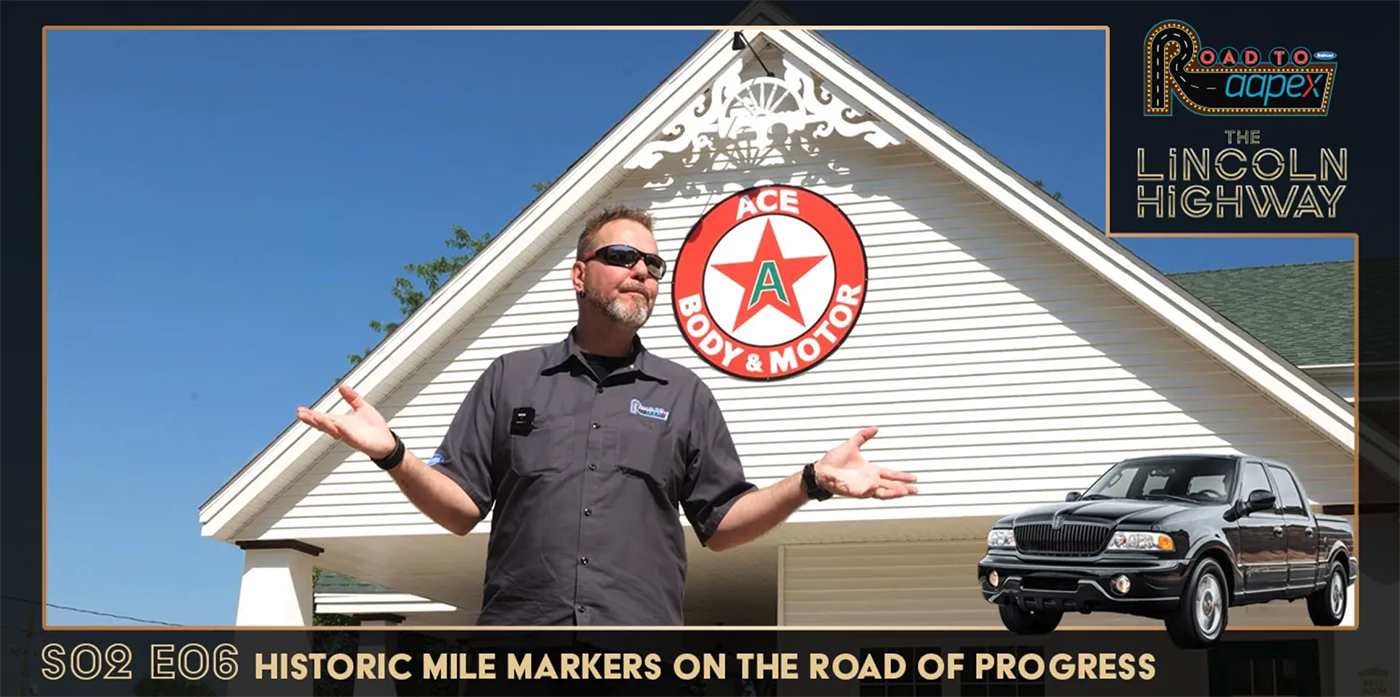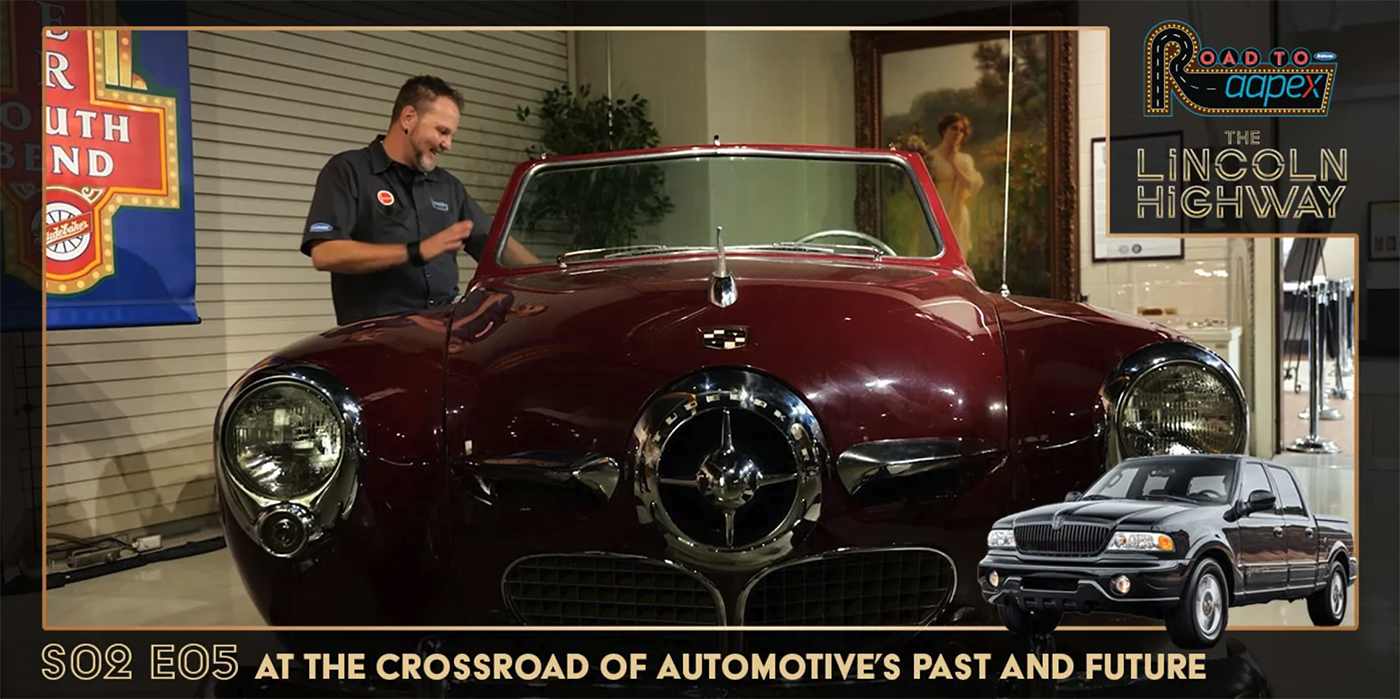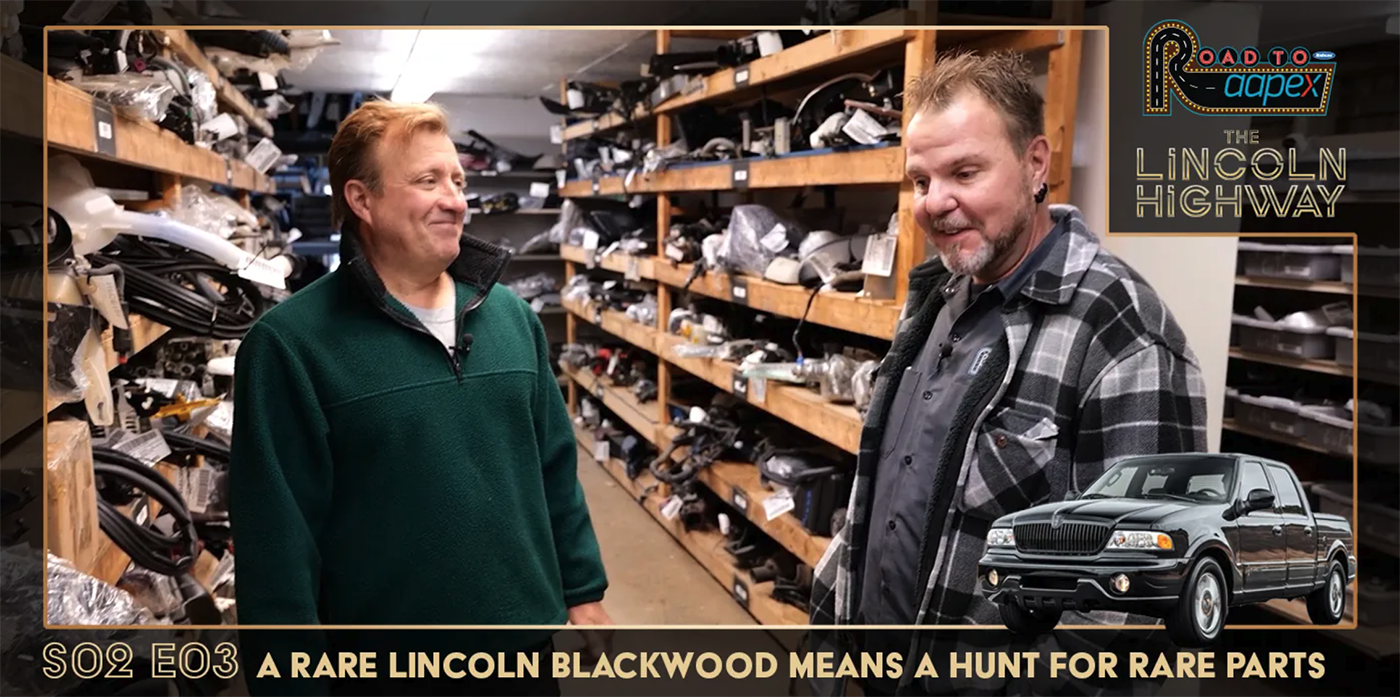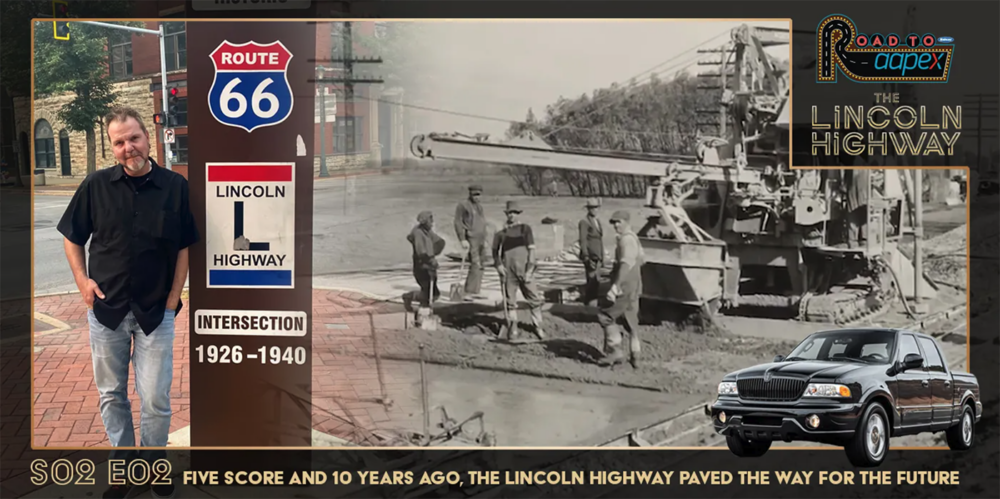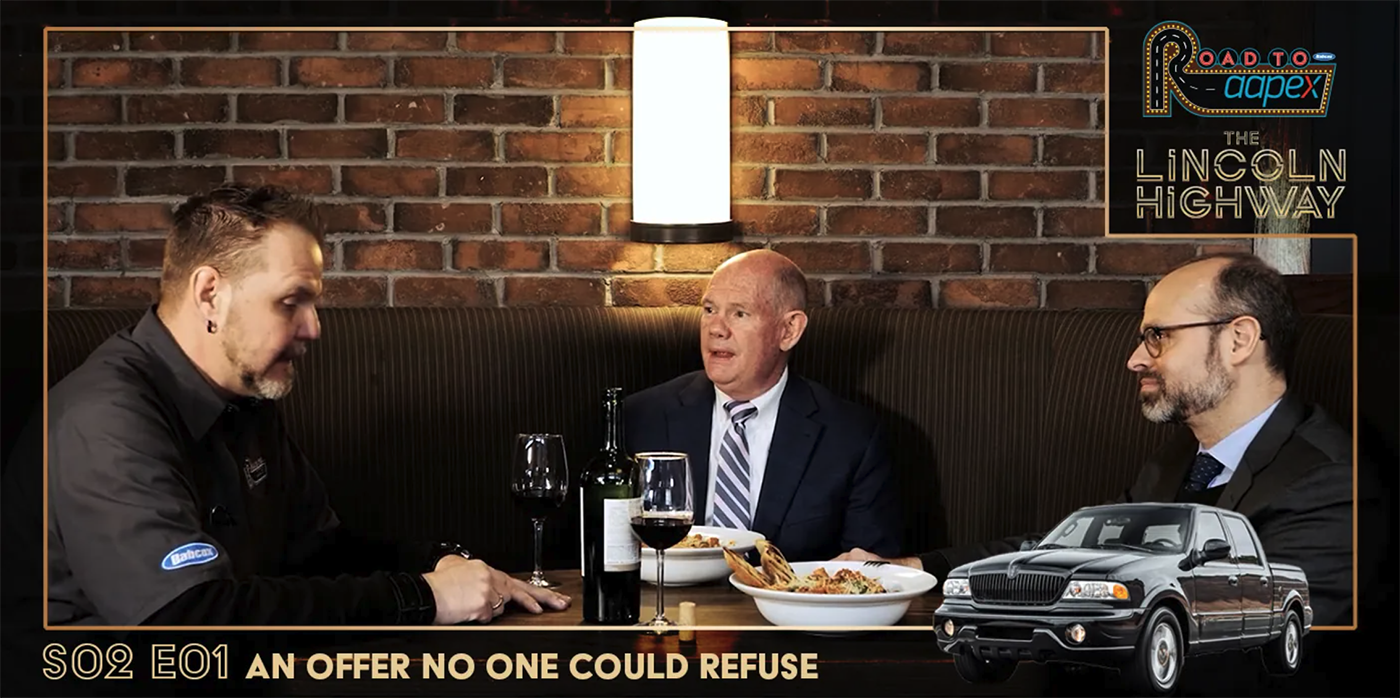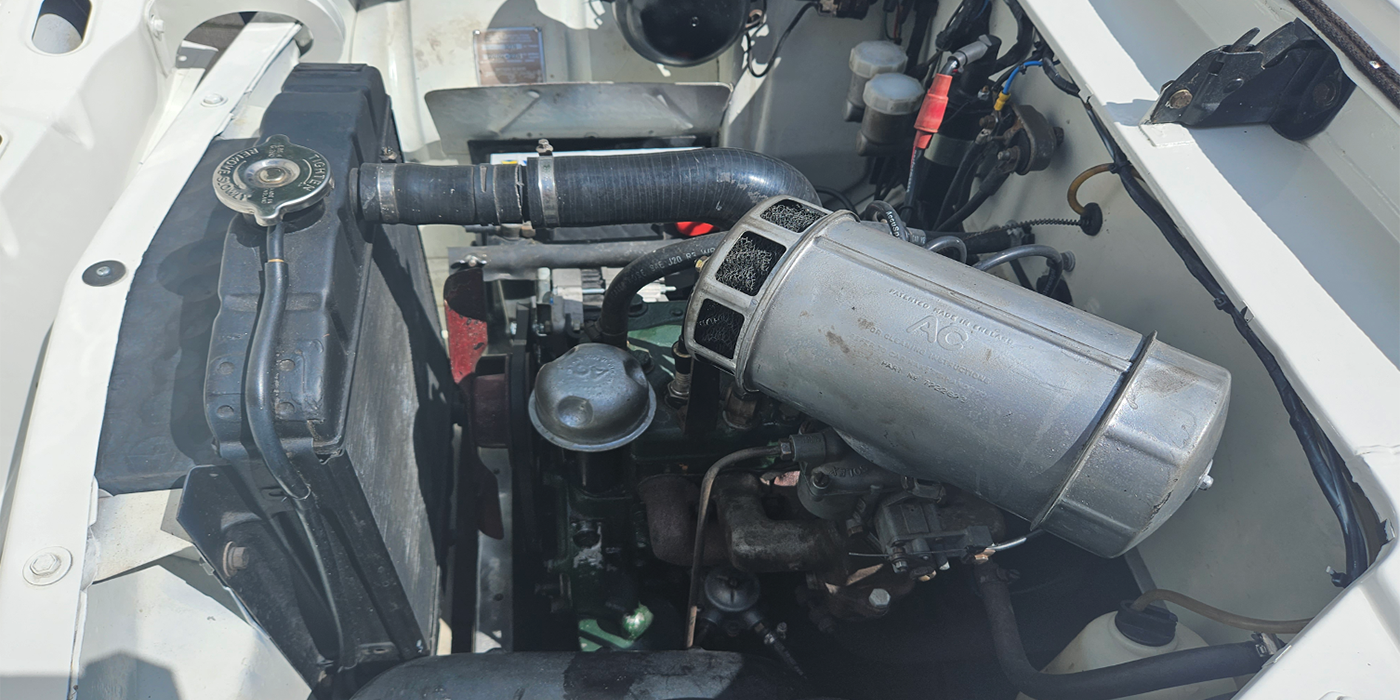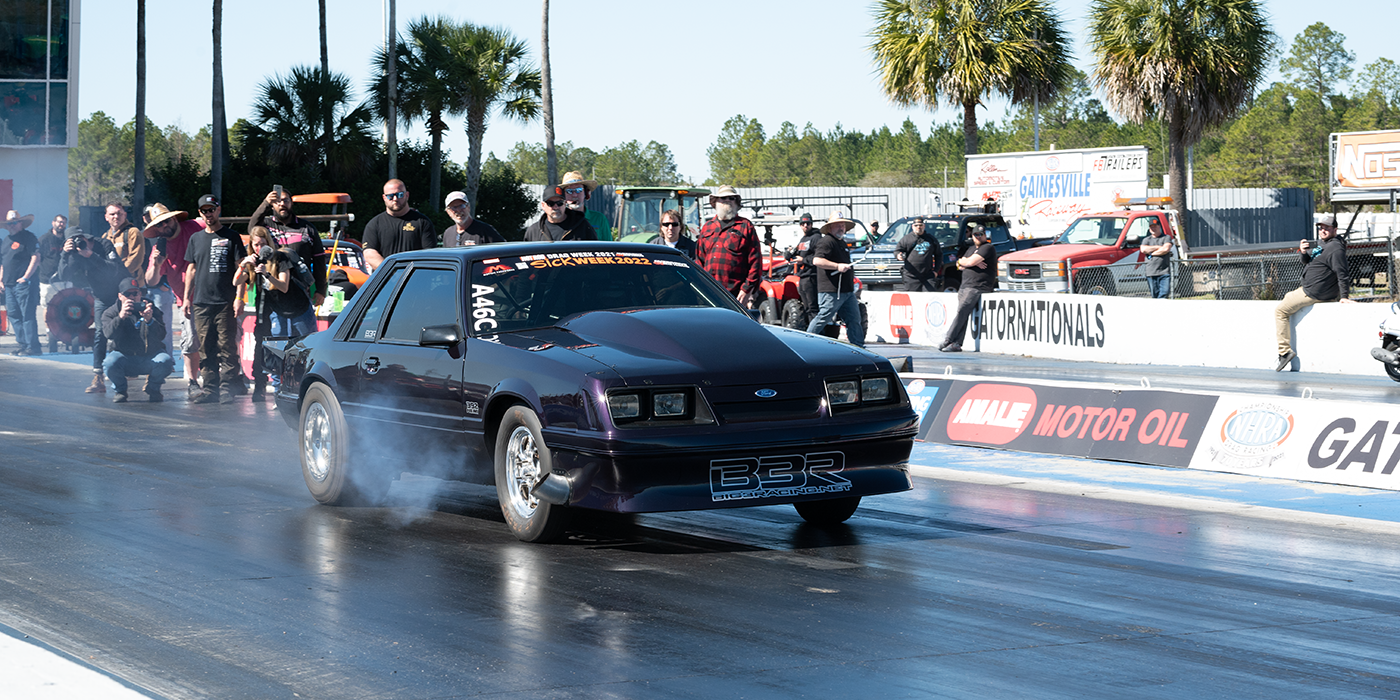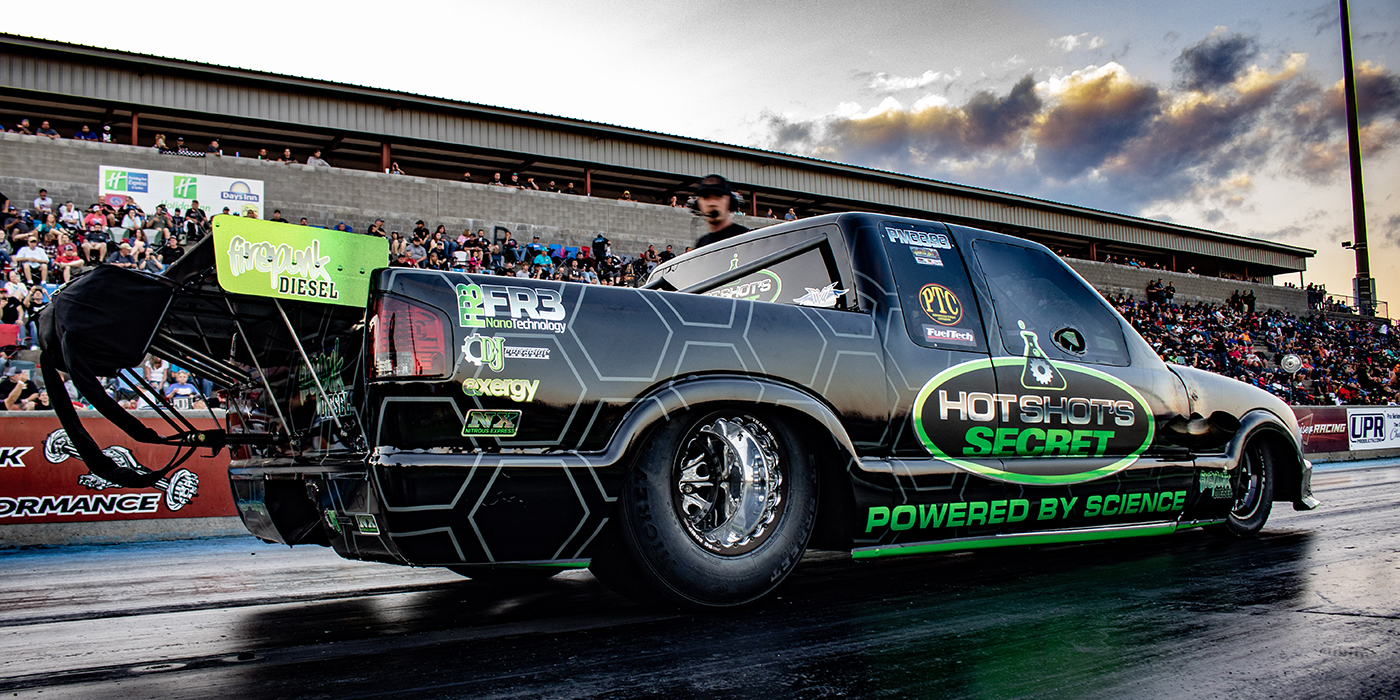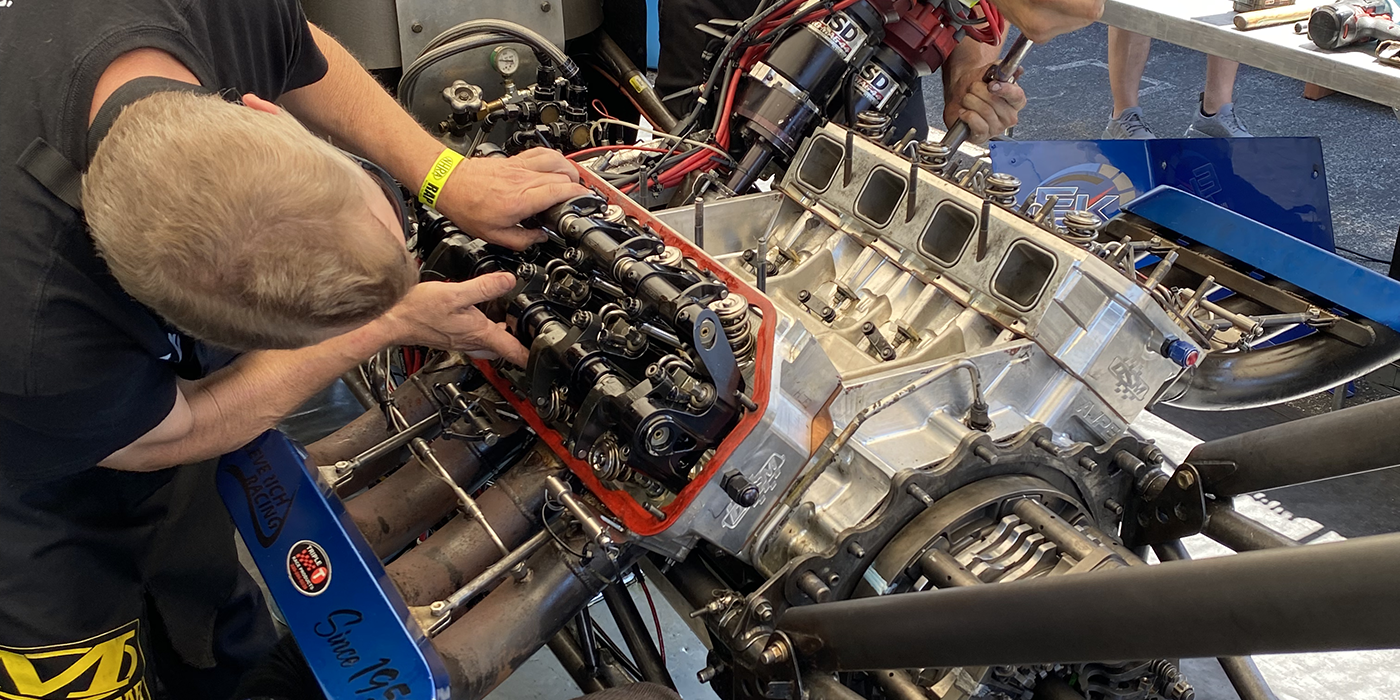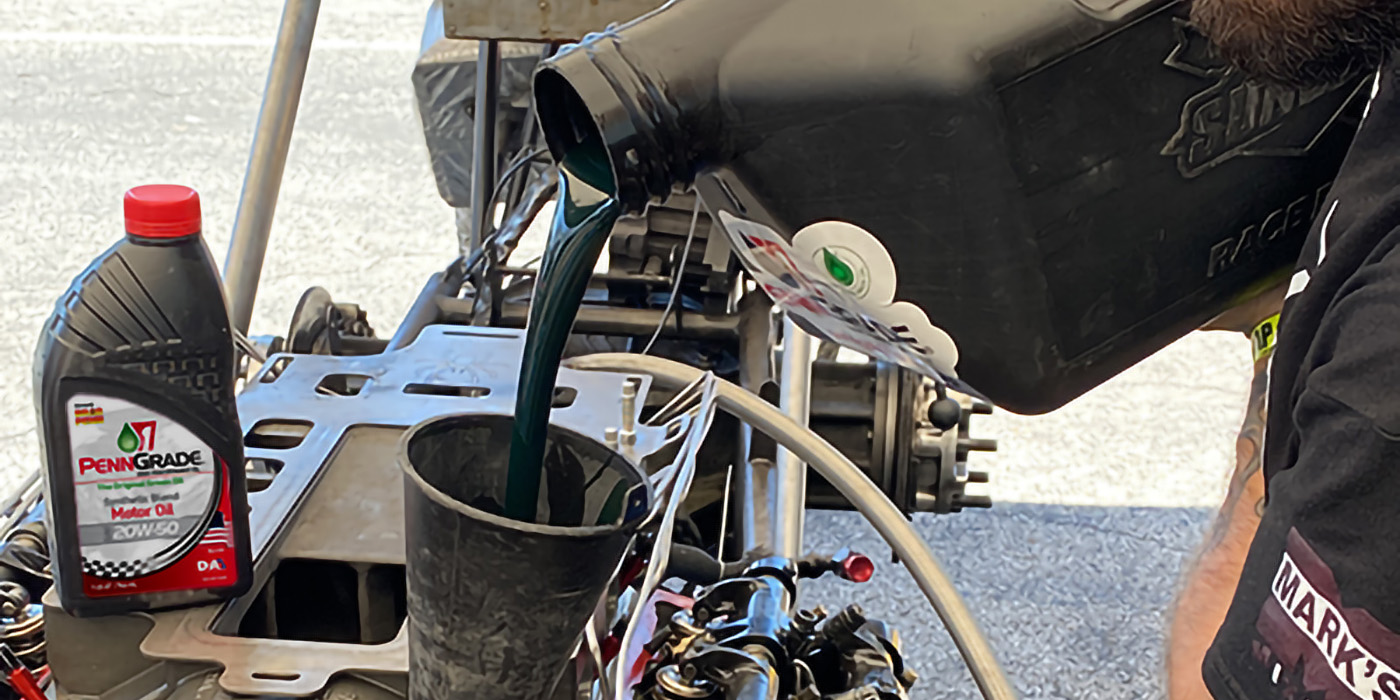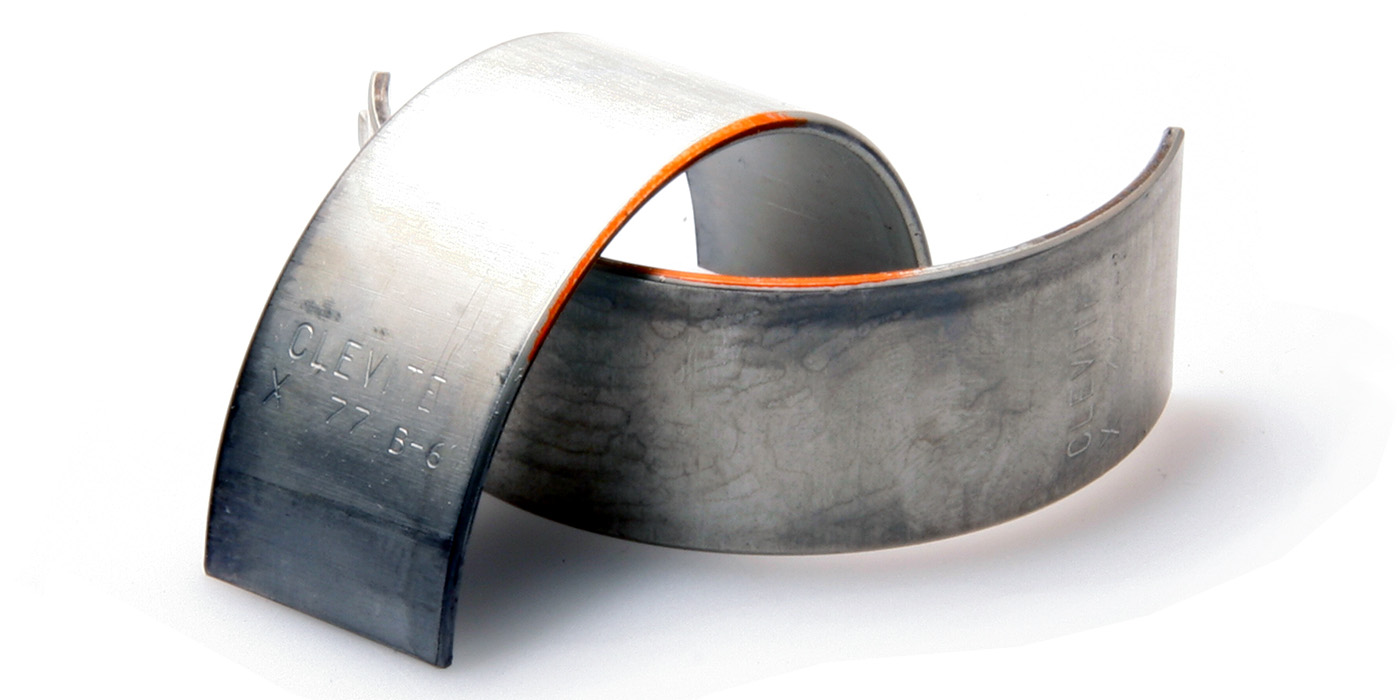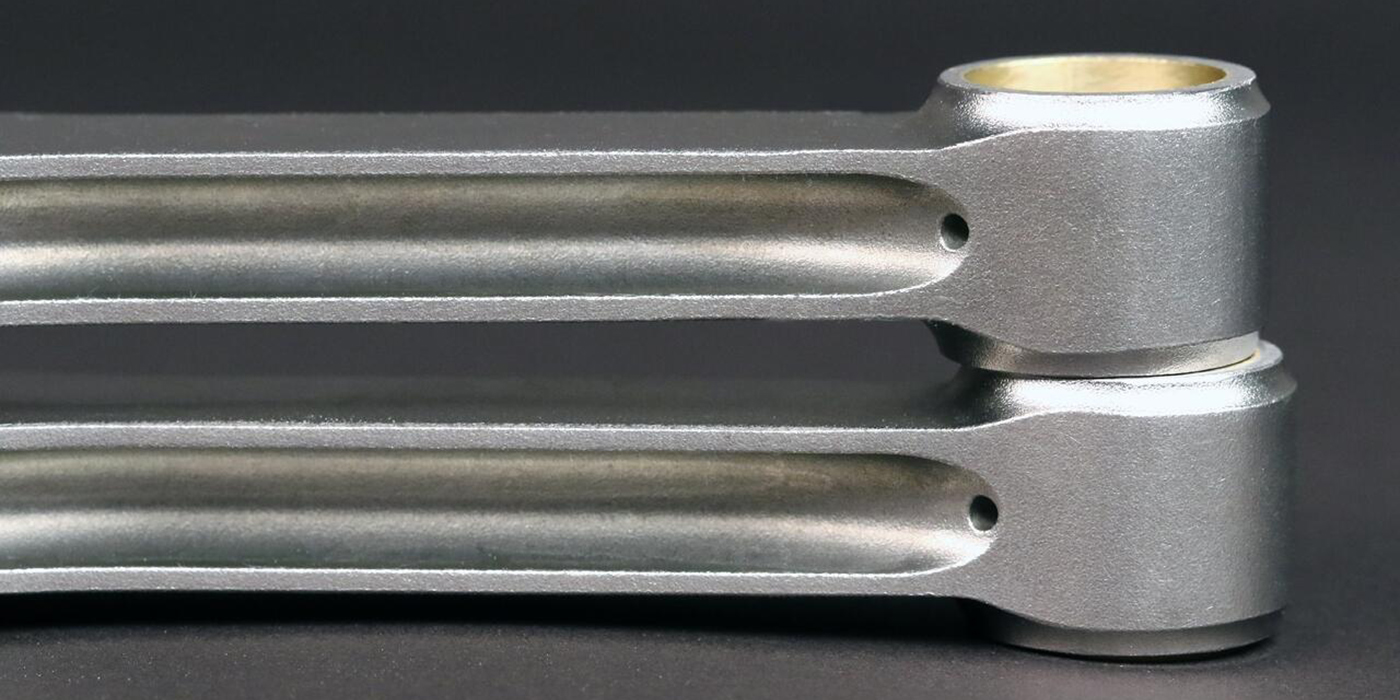If flexibility and the ability to quickly
diversify are the marks of a successful rebuilder, then Denver,
CO-based electronics rebuilding specialists, cciUPTIME, was destined
for this industry. cciUPTIME remanufactures electronic control
modules (ECMs) for Mercedes-Benz and other high-end import vehicles.
These units include everything from on-board computers to climate
control, cruise control, idle speed control, ignition control,
seat control and instrument motherboard units.
Starting with its name, you can see that the company is one you
wouldn’t typically expect to find in the automotive section of
the Yellow Pages. In 1982, current president and chief engineer,
Craig Morris, along with Pete Thies, vice president and general
manager, opened a company called Customs Cabling, Inc. For eight
months, this company provided cabling services for mainframe computers.
Clients, pleased with the service, asked Morris and Thies if they
could also maintain their computer mainframes.
No problem. Morris had studied electronics in college, eventually
becoming a missile guidance and control specialist, working on
both digital and analog systems in the Air Force. Upon graduating
second in his missile training class, the Air Force made him an
instructor. When his military hitch was up, he went to work for
Burroughs Corp. – now Unisys – repairing computers.
Morris left Burroughs and was hired at Data General by Thies,
another Burroughs and military veteran. Thies had been working
in inertial navigation found on submarines prior to joining the
private sector.
Morris was the first to leave Data General to start SBS, a computerized
security company selling systems and maintenance contracts to
roller skating rinks. He then opened Custom Cabling and reciprocated
Thies’ earlier gesture by hiring him.
Once Morris and Thies began servicing computers, and to better
reflect their firm’s expanding offerings, they changed the name
of the company to cciUPTIME. The name reflected the company’s
philosophy of keeping its customers’ downtime to a minimum. “Instead
of trying to repair a hard drive on-site, we would bring our own
(hard drive) out and put it in their computer so we could repair
their problem back in our own shop,” said Morris.
For the next seven years, the company expanded to nine employees
and mainly serviced government agencies. Middle-of-the-night telephone
calls for service, accompanied by security clearances were not
uncommon. Although Morris cannot provide many details, he did
tell stories of being escorted by armed guards under closed circuit
cameras through a series of locked doors to computers located
inside a safe.
While their business initially flourished, it was not destined
to continue over the long term. As mainframes evolved into more
complex units, and PC networks made the need for many mainframe
systems obsolete, cciUPTIME began to lose its contracts around
1990.
“We decided we needed to make some changes or the company
was not going to be around,” said Morris. A friend who worked
on Mercedes-Benz vehicles had brought in a box of electronic modules
several months earlier with the hope they could be repaired. The
box was still sitting on a shelf when cciUPTIME recognized the
need to expand its market.
“We got out this box of modules, took some of them apart
and replaced some burned out components, said Morris. “We
then put them into some cars, and they worked.” This initial
encouragement was enough to start what Morris described as an
immense learning curve that required a tremendous amount of reverse
engineering.
Without the benefit of factory drawings, Morris and Thies had
to draw schematics of automotive ECMs and learn the original design.
And while the first remanufactured components did, in fact, perform
their intended functions, electronic testing equipment was needed
to ensure that high-quality would be achieved consistently.
That testing equipment represents the single most time-intensive
portion of the company’s learning curve. Each different unit being
rebuilt requires its own testing equipment. Testing equipment
duplicates actual vehicle operating conditions.
Pointing to a box with dozens of lights, switches and codes, Morris
said it initially took his company more than 200 hours to build
each tester. Along the way were enough successes to keep them
going, and enough failures to remind them of the need to get the
testers working perfectly. “More than once, we borrowed a
part and burned it to a cinder,” explained Morris.
As soon as Morris and Thies were satisfied they could remanufacture
a quality ECM, Morris began to do what seems to practically be
a prerequisite for automotive aftermarket entrepreneurs. With
product samples in the trunk of his car, he would visit Mercedes-Benz
dealerships and independent repair shops. The first thing Morris
did when he went to a shop was to buy all their cores. “There
were always some sitting on shelves or in boxes, and I would just
start handing over money for them,” he said. “Then,
I would show them the remanufactured modules. Sometimes they would
buy some, or trade me their cores for them.”
Learning the automotive industry on the fly, cciUPTIME began to
establish a rapport with these dealers. The big step in the company’s
history, however, came when a local sales rep introduced cciUPTIME
to a major WD. Once the first WD began carrying the cciUPTIME
line, the next WD was easier to sell to. “The first couple,
we had to beat on their doors,” said Morris. “After
that, they started calling us.”
Growth has been managed, and some customers have been dropped.
A program to South America, for example, was discontinued when
the buyers never reciprocated with cores. Controlling the customer
base is a luxury that resulted because of cciUPTIME’s extensive
coverage of the Mercedes-Benz market.
As with many rebuilders, ensuring an adequate core supply is critical.
Many of the company’s units are simply rebuilt on a custom basis.
However, the company’s marketing department makes extensive use
of telemarketing across a broad range of aftermarket customers
to meet core demands. Current director of marketing and core procurement,
Jennifer Schlagel, worked as a consultant for the company for
close to two years before being hired as a full-time employee.
Today, cciUPTIME’s four-person telemarketing department spends
its days contacting potential core suppliers on the phone, followed
by a mass mailing of 200-300 pieces every Friday. By going as
deep into the market as international core suppliers to WDs to
repair shops, Schlagel and her department have done a good job
of identifying most of the sources for Mercedes-Benz cores.
Schlagel’s experience in sourcing Mercedes-Benz cores should come
in handy as the company expands its product line into other high-end
import vehicle models. The company rebuilds about 2,000 units
monthly, but that number should grow substantially as the company
begins ramping up production for BMW, Volvo and Audi modules.
Plans call for continued expansion into other high-end car lines.
“There is just not enough of a margin to justify rebuilding
Chevy modules,” said Morris of cciUPTIME’s decision to stay
with luxury model import units.
Although a major step for the company, the growing pains should
not be as bad as the first time around. cciUPTIME has several
advantages this time through. First, it has established its name
within the industry and is well-know among Mercedes-Benz service
providers and suppliers. Second, its remanufacturing systems can
be transferred over more easily to other vehicle model lines.
The testing machines can be built in about 40 hours now, versus
the 200+ hours required with the original units. Suppliers for
the decals (items such as the icons found on climate control buttons,
etc.) and plastic pieces (buttons for climate control units, high-wear
items that temperature wheels are attached to, mounting hardware,
etc.) are already in place.
After several years of knocking down walls and cutting holes for
doors in its present rental space, the company has just moved
into a new building constructed especially to accommodate its
needs. Moving from 4,700 sq. ft. into 10,000 sq. ft., the new
facilities easily provide enough space for considerably more technicians
and inventory. Presently, the company employs about 22 people.
While cciUPTIME is a rebuilding operation, it is unlikely it will
experience the same competitive challenges that rebuilders in
many other markets face. As Thies described the company, “we’re
really a hybrid between an electronics and automotive (rebuilder).”
And, at least for the present, that means cciUPTIME is one of
a limited number of companies that has developed the knowledge
and expertise to rebuild and supply the growing number of replacement
electronic modules required for today’s vehicles.

